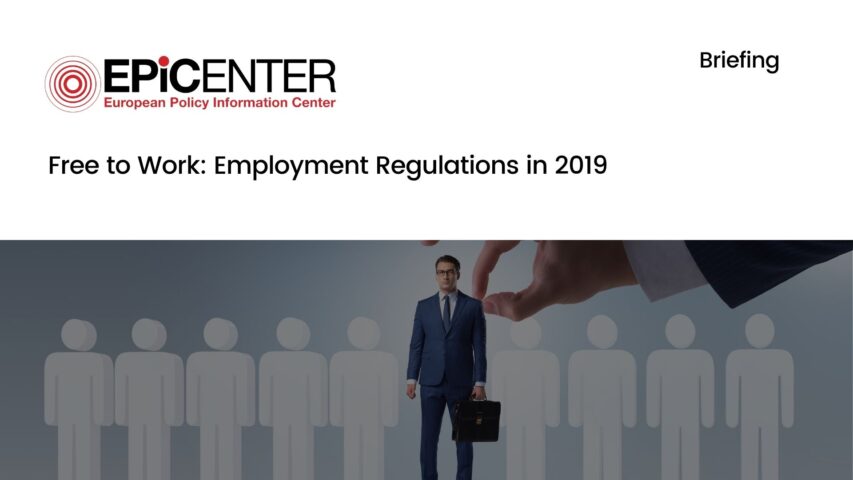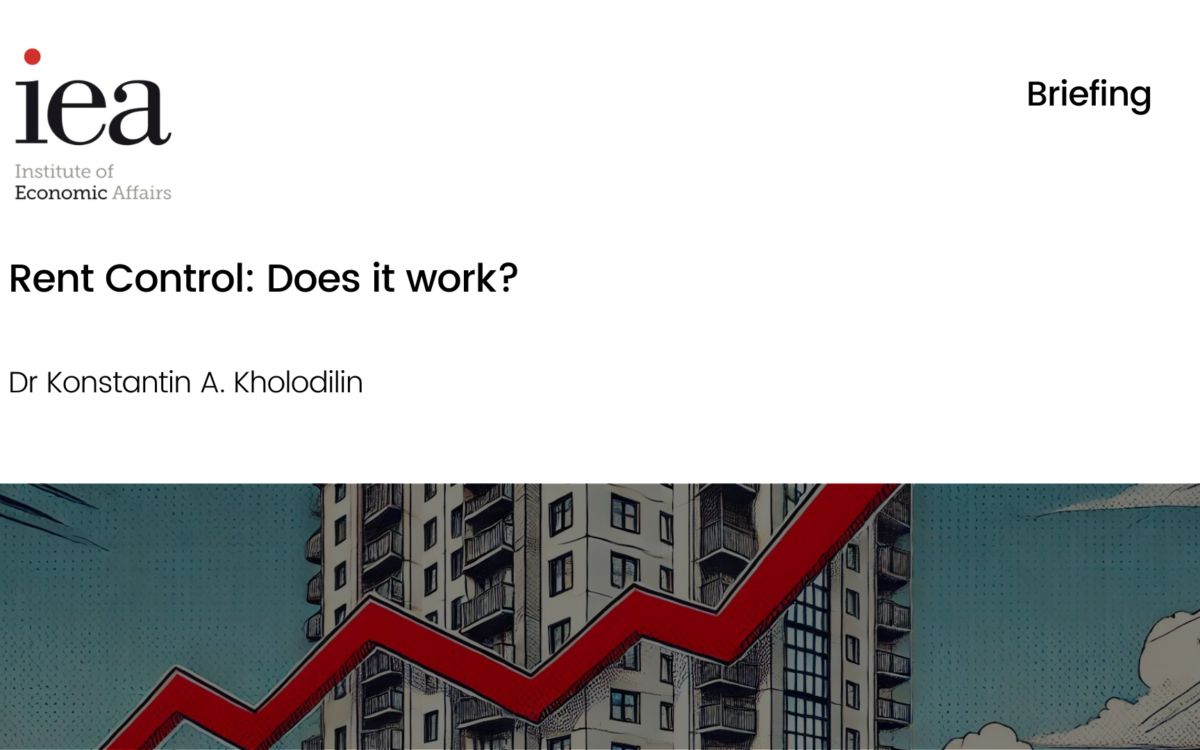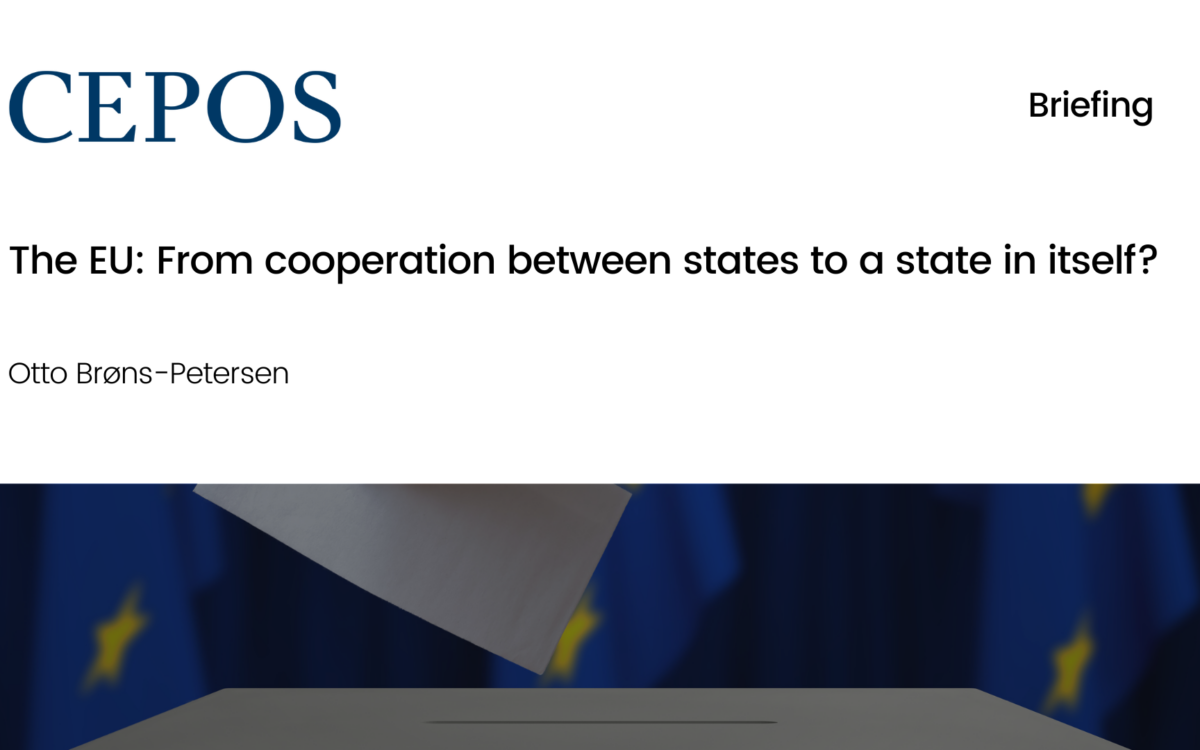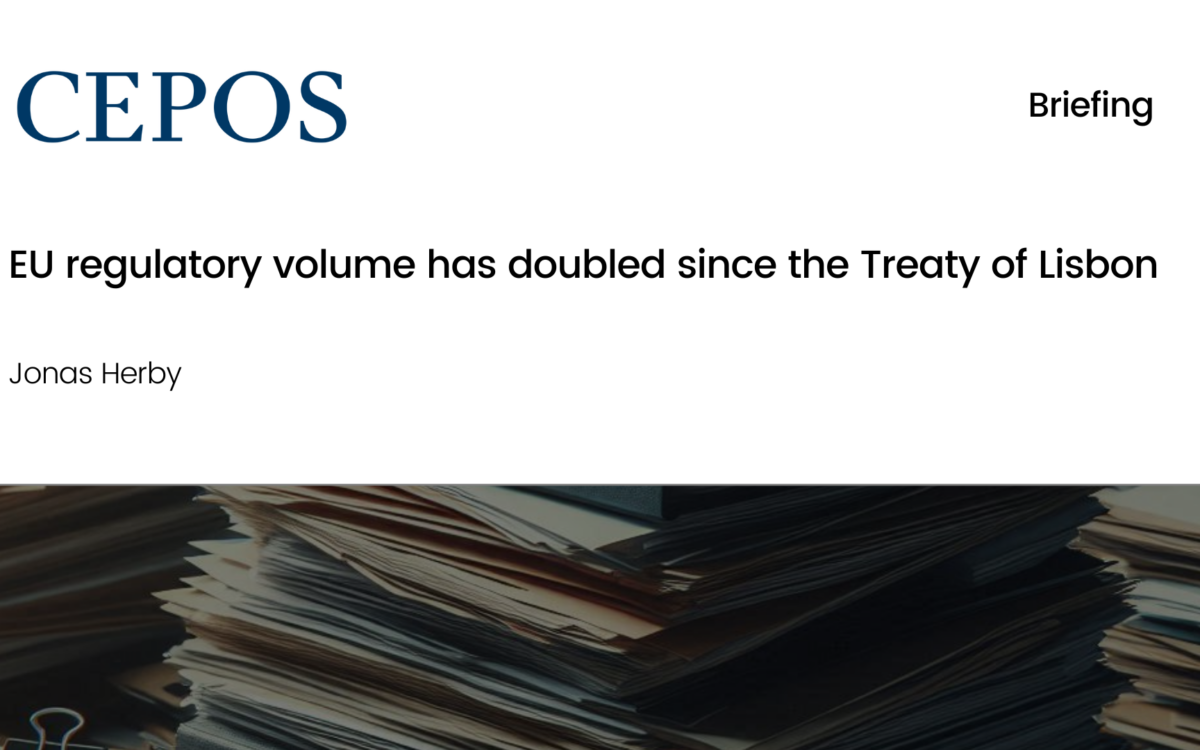Free to Work: Employment Regulations in 2019

Free to Work: Employment Regulations in 2019
January 2019
The Employment Flexibility Index of LFMI quantifies a great divergence in employment regulations between EU countries. Of the 41 countries included in the index (EU and OECD countries), Denmark and the United States were ranked as having the most flexible labour regulations, while France and Luxembourg were ranked last.
Flexible employment regulations may allow for more employment opportunities and enable businesses to respond to market fluctuations.
A proposed Council Recommendation by the European Commission seeks to provide workers in non-standard employment, such as those who are self-employed, with social security protection. The Commission’s rationale is to ensure that employees who have exceptional employment circumstances are protected during economically challenging times. This proposal could decrease employment flexibility throughout the EU.
Download or share this publication
View the PDF
EPICENTER publications and contributions from our member think tanks are designed to promote the discussion of economic issues and the role of markets in solving economic and social problems. As with all EPICENTER publications, the views expressed here are those of the author and not EPICENTER or its member think tanks (which have no corporate view).



